It’s been a bit since the Massachusetts election, in which unknown Republican Scott Brown emerged to upset the favored Democrat Martha Coakley in one of union’s deepest-blue states. Since then, Democrats have been recalibrating their strategy.
In a previous post, I outlined the results of how a tied election might look like. Let’s take a look at the prediction:
Now let’s see the actual results:
More below.
A clear pattern emerges: counties that the model forecast Ms. Coakley to win turned out more Democratic than expected, while counties that the model forecast Mr. Brown to win turned out more Republican than expected. The model, in predicting results, relied – incorrectly – on a uniform Republican shift from previous elections which Democrats won. The actual deviations indicate that Massachusetts shifted in a polarized manner: Democratic strongholds shifted Republican to a lesser extent than the state at large, independent areas shifted far more.
Here is a table of the results:
A number of outlets – especially us folks at swingstateproject – have gone even further, taking a look at the results by town. Here is the NYT:
The red areas constitute suburban Massachusetts, home to many of the white working-class Catholics that supported for Senator Hillary Clinton. These areas usually almost always vote Democratic, but they do so based off economic appeals rather than any innate liberalism (much like how West Virginia used to vote).
Republicans generally win Massachusetts by taking away suburban Massachusetts. Mr. Brown’s coalition replicated previous Republican victories:
Interestingly, President Barack Obama did relatively poorly in these suburbs – his performance was the worst since President Bill Clinton’s first run in ’92. He still won them, of course (Massachusetts, lest people forget, is a Democratic stronghold), but by less than previous Democratic candidates. In fact, Mr. Obama underperformed throughout the Northeast, which is something few people know.
The areas Ms. Coakley won generally constitute the “liberal Massachusetts” Republicans love to insult. They are college towns and generally well-off, liberal places.
On the other hand, a number of towns do not fit these stereotypes. Minorities in Boston, for instance, are responsible for it being a Democratic stronghold (unfortunately for Ms. Coakley, they did not turn out). Much of the rural west, which supported Ms. Coakley by a wide margin, is very white and not that wealthy.
If there is any good news from this election for Massachusetts Democrats, it is that they now have this information. The data provided by Mr. Brown’s surprise victory should prove useful for redistricting, future campaigns, and even predicting the future of Massachusetts politics. Hopefully they will not be caught off guard a second time.
–Inoljt, http://mypolitikal.com/
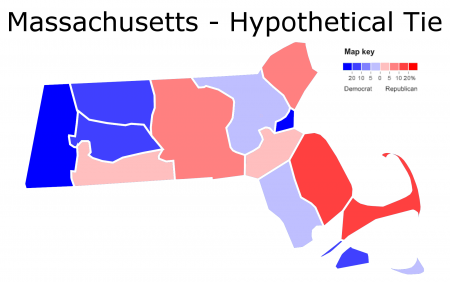
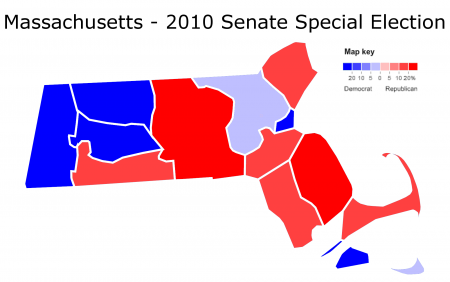
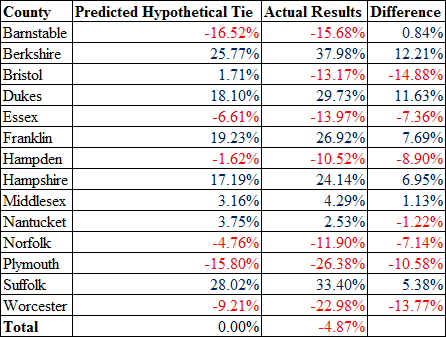
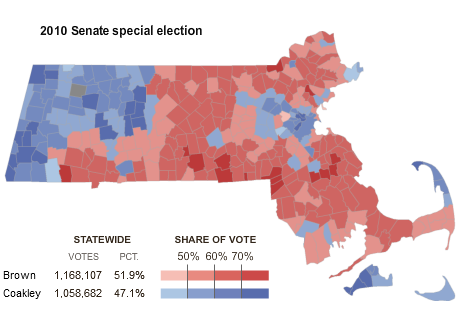
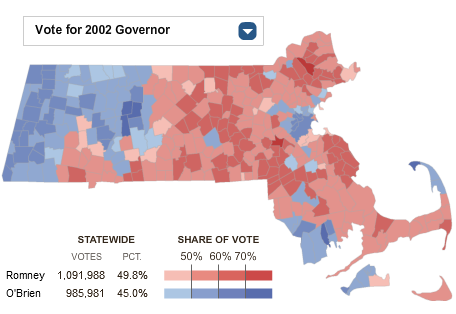
1 comment